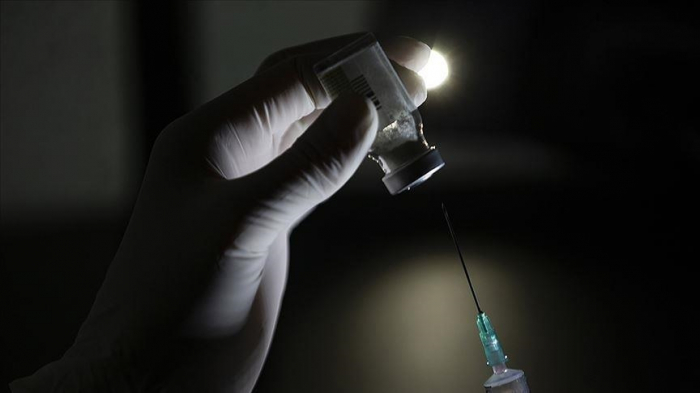The World Health Organization (WHO) has recommended "targeted vaccination" in the fight against mpox, instead of mass vaccination in areas where the virus has been detected, arguing that stopping the spread of mpox is easier than dealing with COVID-19.
“It's not recommended for mass vaccination; that's very important. It really needs to be targeted vaccination where the virus is transmitting,” WHO spokeswoman Margaret Harris told Anadolu in an exclusive interview.
Noting that the rapid spread of the virus has captured global attention, she said the mpox virus has two genetic types: Clade 1 and Clade 2.
Harris expressed concern over the new strain of the virus, Clade 1b, which emerged last year, saying: “It's this one that we're worried about because it transmits very rapidly. It's also got quite a high death rate, especially among children.”
Stressing that one of the main concerns is the virus' rapid spread, she said the virus caused more cases in 2024 than in 2023 and that the past year had already seen more mpox cases than previously.
She went on to say that while the number of mpox cases increased in the eastern Democratic Republic of Congo, it has spread to Burundi, Rwanda, Uganda, and Kenya as well.
“We are seeing a higher fatality rate. It's around 3% and in really vulnerable groups, like small children. It's higher than that. We're particularly concerned about the effects on small children. Now it's important to understand that the populations that it's been spreading through rapidly are people who have been displaced by conflict. They're in a very precarious situation,” she said.
Pointing out that people with smallpox and HIV infections are more likely to experience a more severe form of the mpox virus, Harris said they are at a higher risk of death.
She noted that there is no specific treatment for the mpox virus and no antiviral drug to combat it, but that symptomatic treatment is effective.
The WHO spokeswoman said people who contract the disease will develop skin rashes, emphasizing the need for treatment to prevent other infections.
She suggested that those infected with the mpox virus will experience fevers and require antipyretic and pain-relieving medications.
She underscored the importance of patients receiving medical treatment and being able to isolate themselves during this process.
More about:















































